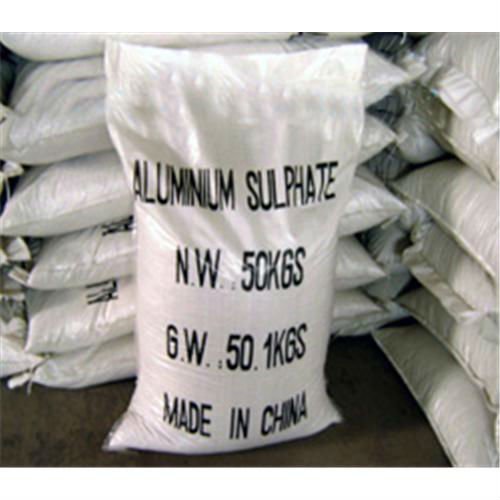NEW JERSEY

A former executive admitted that he conspired to eliminate competition by fixing prices, rigging bids and allocating customers for liquid aluminum sulfate supplied to cities and pulp and paper businesses, according to authorities.
Frank A. Reichl, of Flanders, New Jersey, plead guilty to agreeing not to compete for contracts for liquid aluminum sulfate, a coagulant used by municipalities to treat drinking and waste water, and by pulp and paper companies in their manufacturing processes.
“By agreeing not to disturb each other’s ‘historical’ business, Reichl and his co-conspirators cheated municipalities and paper companies out of competitive prices for their supplies of liquid aluminum sulfate, a key water treatment chemical,” said Assistant Attorney General Bill Baer of the Justice Department’s Antitrust Division. “We continue to work with our partners at the FBI to hold offenders in this industry criminally accountable.”
According to documents filed with the court, from 1997 until July 2010, these are the facts:
Reichl and his co-conspirators met to discuss each other’s liquid aluminum sulfate business, submitted intentionally losing bids to favor the intended winner of the business, withdrew inadvertently winning bids and discussed prices to be quoted or bid to customers.
Reichl is the first defendant to plead guilty to participating in this decade-and-a-half-long conspiracy.
“Reichl and his co-conspirators colluded to circumvent competitive bidding and independent pricing for liquid aluminum sulfate contracts, and conspired to raise prices by submitting artificially inflated bids to their customers,” said Special Agent in Charge Richard M. Frankel of the FBI’s Newark Division. “They also allocated customers in furtherance of their collusive scheme. By agreeing to violate both the spirit and the letter of the competitive process, Reichl and others defrauded municipalities as well as pulp and paper companies out of millions of dollars.”
A violation of the Sherman Act carries a maximum penalty of 10 years in prison and a $1 million fine for individuals, officials said.
The maximum fine for a Sherman Act charge may be increased to twice the gain derived from the crime or twice the loss suffered by the victims if either amount is greater than the statutory maximum fine, authorities noted.

